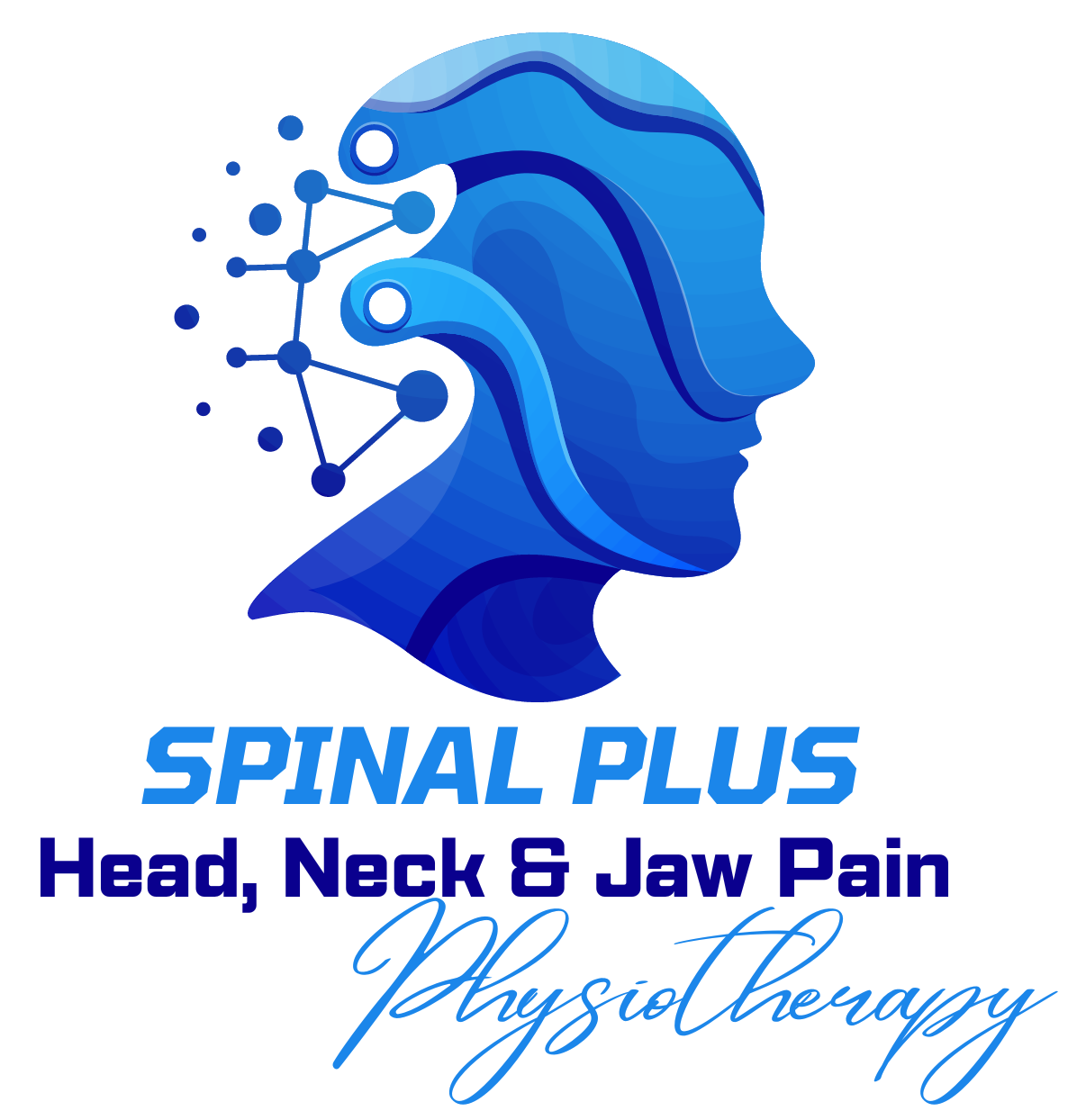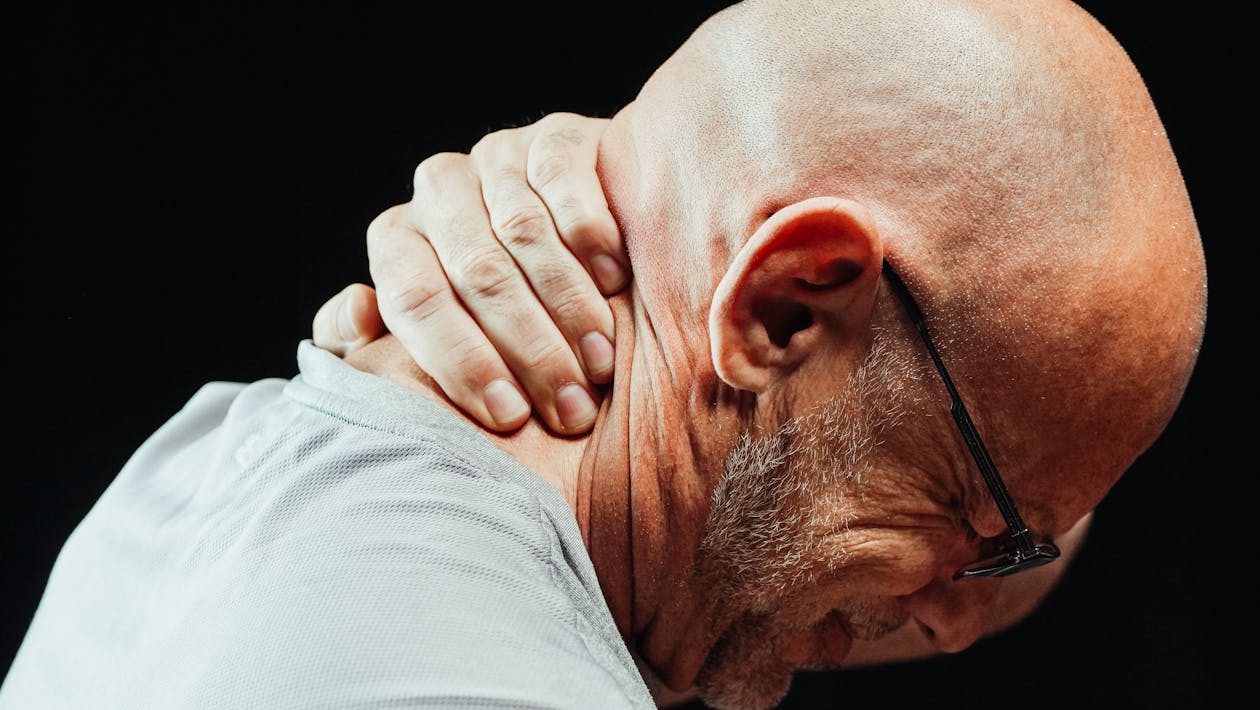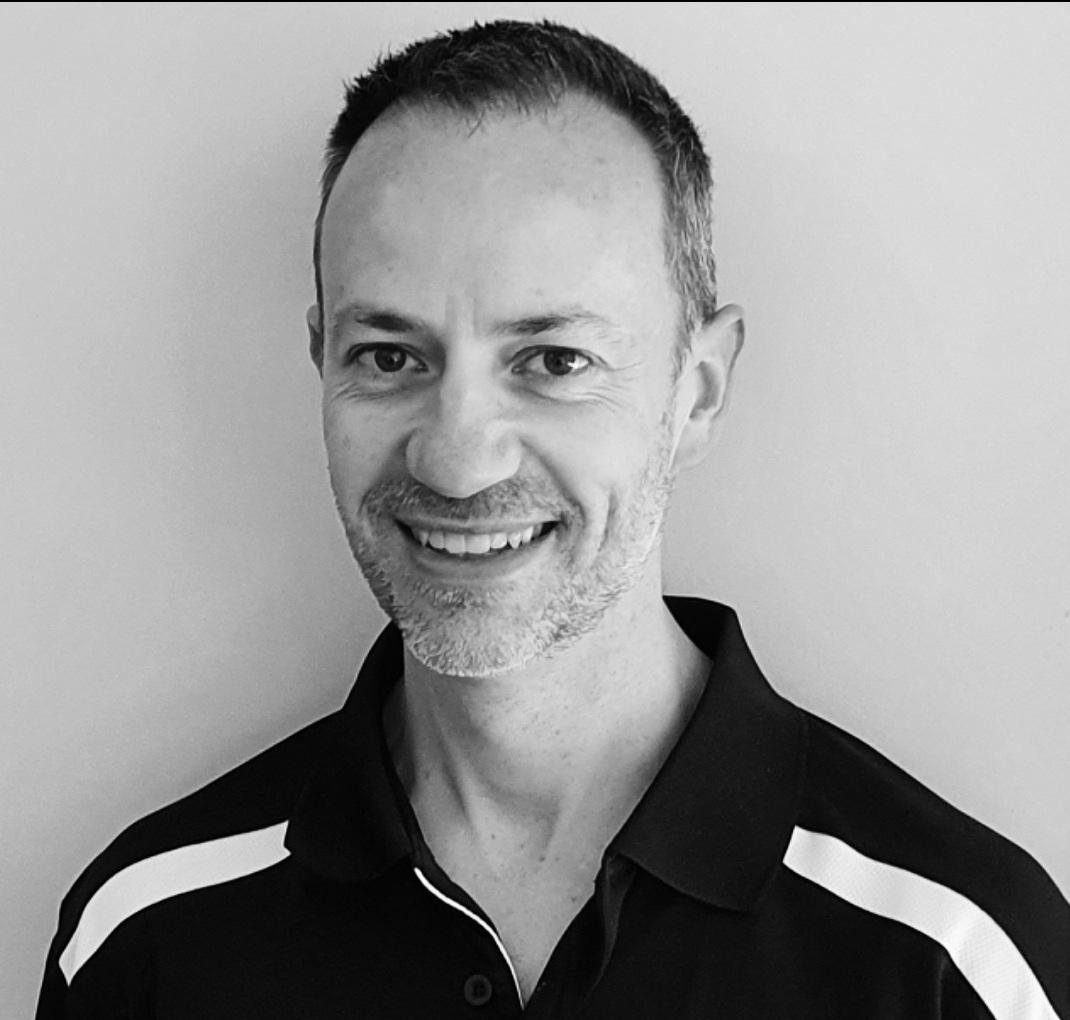
Headache & Migraine
Headache affects up to 40% of the population globally, and of those, approximately 80% are Primary Headaches (not caused by another condition or illness).
The most common is
tight, pressing or tightening ache
involving both sides of the head
mild to moderate in severity
lasting 4-6 hours on average
may be episodic, or chronic (occurring >15day/month for >3 months)
The average age of onset is 25-30, with peak prevalence between 30-39 and roughly equal male:female ratio.
By contrast,
moderate to severe in intensity
one-sided only
lasting between 4-72 hours
has a pulsating / throbbing quality
is associated with nausea and/or vomiting, and
sensitivity to light and/or noise
aggravated by exercise
Migraine is 3 times more common in women, typically commencing in adolescence, with 20% experiencing an aura (usually visual, such as flashing lights or lines). Mayo Clinic Neurologist Dr Amaal Starling states that "people with migraine are literally the strongest people I know".
Whilst the International Headache Society describes






